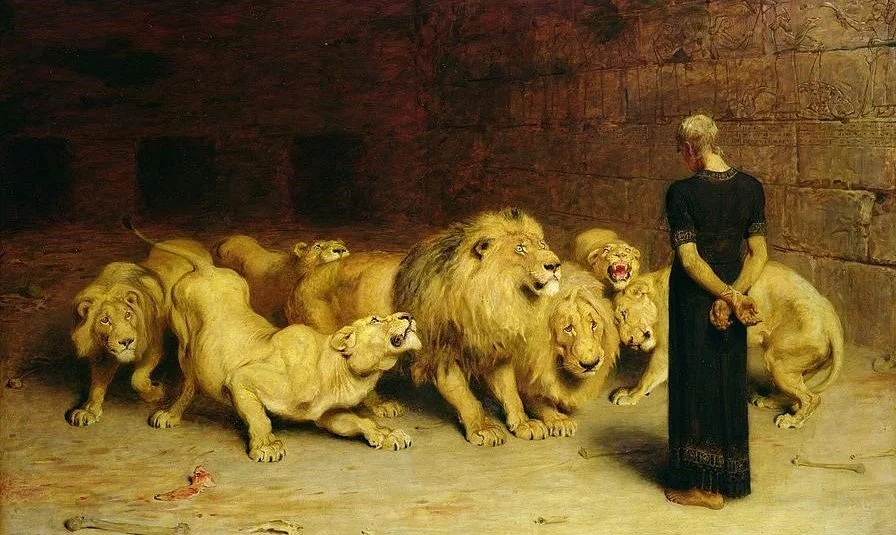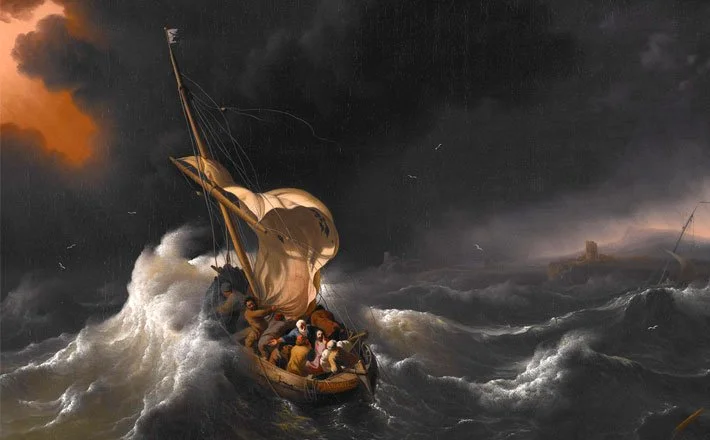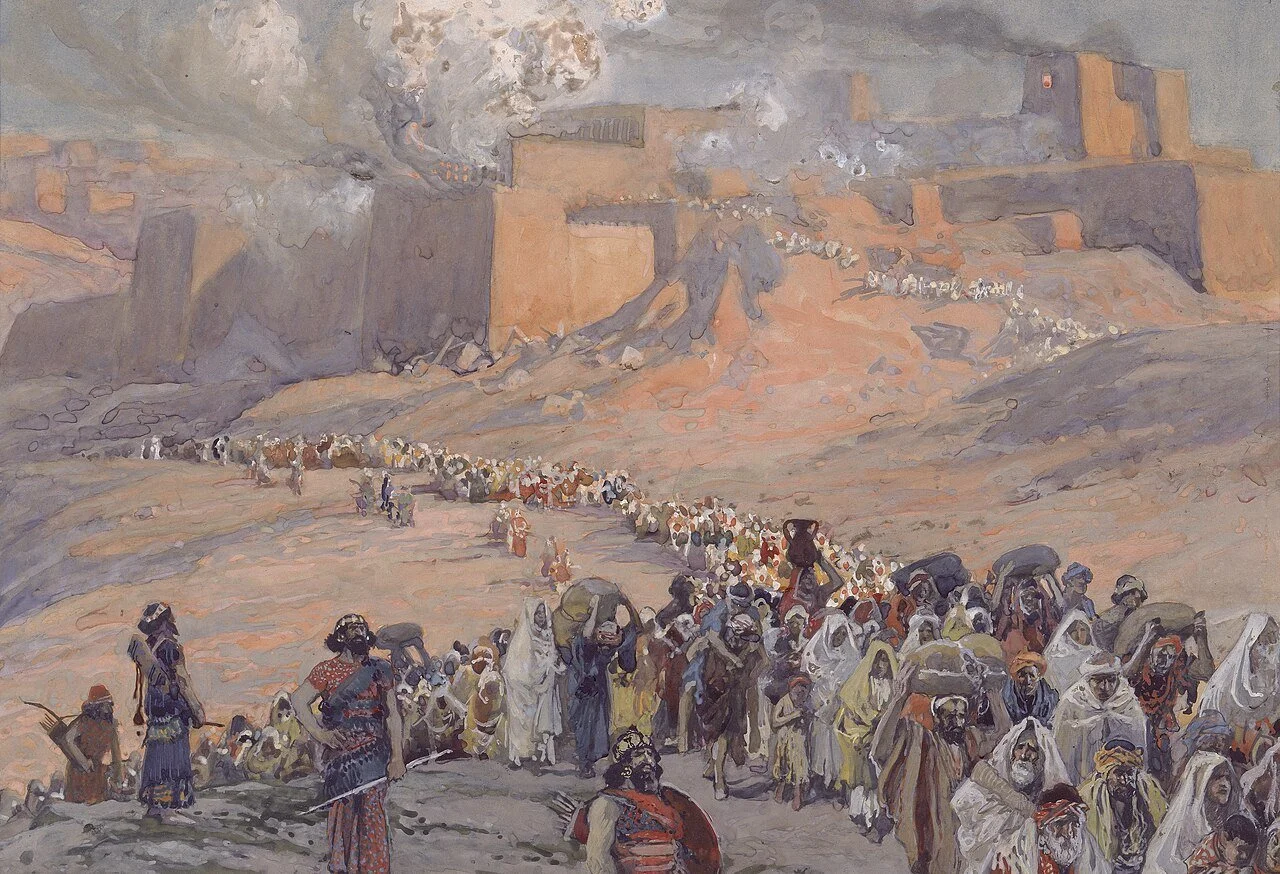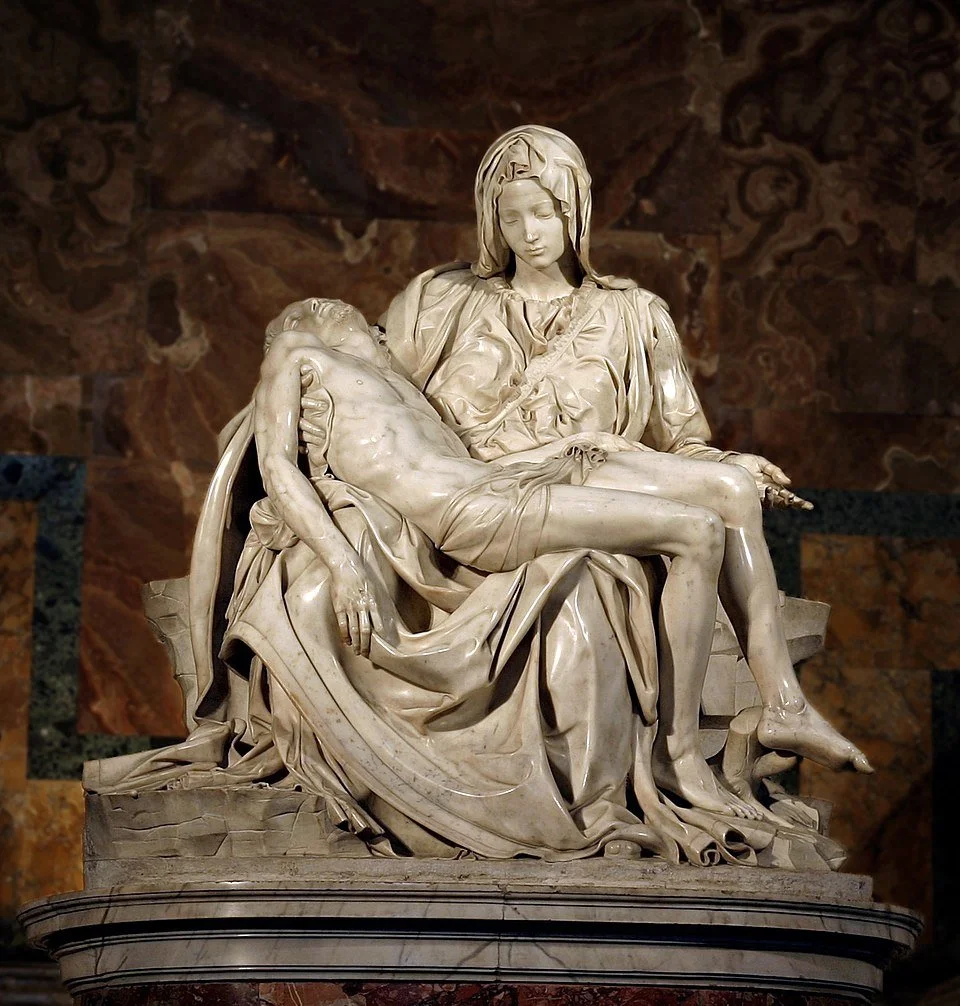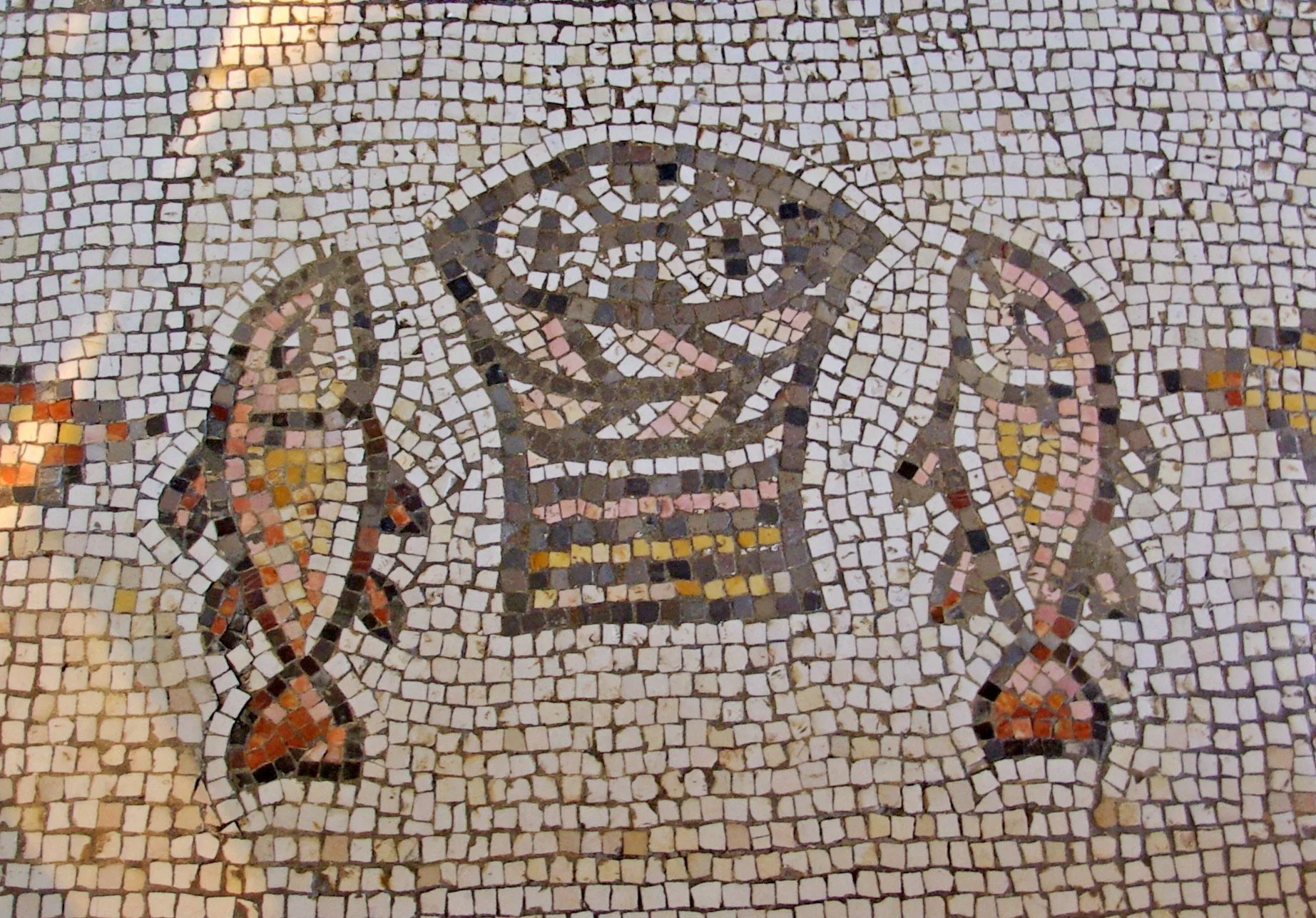As Much as He Was Faithful
/David preached on Daniel 6, focusing on the description of Daniel: “as much as he was faithful.” Many have wondered how Daniel could be faithful both to his God and serve in the empire that conquered his people. Here is part of David’s answer:
Faithfulness to God is not “exclusive” but is “inclusive.” It is very inclusive because we imitate God’s loving heart. For Daniel, king Darius, although he was favorable to the Jews and supported the reconstruction of the temple in Jerusalem (Ezra 6:14), was still a king of the Gentile kingdom that destroyed his homeland. However, Daniel was loyal to the king, working hard for him so that the king might not suffer any loss (2, 22). Daniel’s loyalty was so genuine that it won the king’s heart. When the enemies trapped Daniel to be thrown into the lions’ den, the king was greatly distressed and made every effort to rescue him. As that much, Daniel was faithful to the king, and it was because he was faithful to God.

